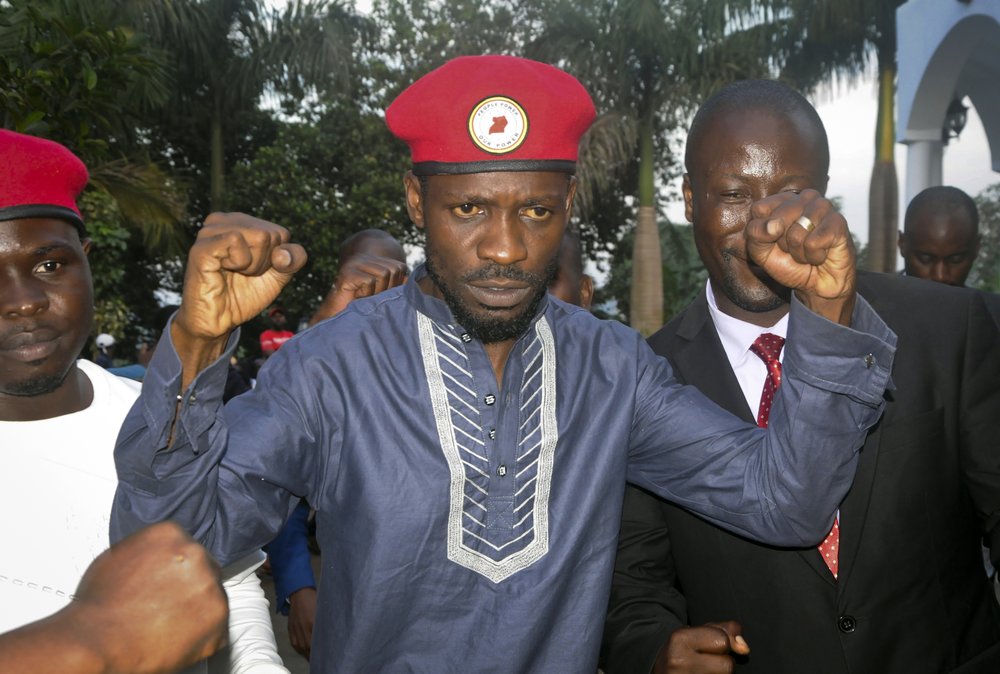Ugandans have headed to the voting booth as President Museveni’s tries to win his 6th consecutive election.
Museveni’s popularity has fallen since he first took power in following a guerrilla struggle in 1986 and recent months have relied on extreme repression to prevent Bobi Wine’s opposition from wresting power.
The former pop star has been repeatedly arrested over the last few years as he’s mounted the most significant resistance to Museveni’s rule since it began. After being arrested on trumped-up charges of illegal armaments in November, Wine claimed he’d been tortured whilst imprisoned. The government has denied this. Dozens have been killed by police brutality in protests leading up to the election.
Museveni’s 35-year rule has yielded some impressive results including relatively progressive improvements to women’s rights and an effective battle against the AIDS outbreak. Uganda also takes in more refugees than any other country in Africa and provides them with full access to social services. The core of his support comes from fear of the state falling back into disarray. Many Ugandans remember the years preceding Museveni, which were even more violent and less stable.
His rule has brought little fundamental improvements to most Ugandans aside from the stability which is now crumbling as Museveni’s weak anti-colonial liberation ties fade from memory. It is one of the worst countries in the world for LGBT rights. Economic growth has not kept up with the young booming population. Western governments have been supportive of Museveni for most of his reason, imposing IMF loans and mainly resorting to symbolic aid cuts when he inflicted human rights abuses.
Western institutions have turned their back on the long-standing government as the country has begun to build infrastructure with Chinese money. Facebook recently shut down government member accounts and accounts it had found guilty of “Coordinated Inauthentic Behaviour”. Previously the former US Secretary of State Madeleine Albright described Museveni to be a “beacon of hope” running a “uni-party democracy”.
Liberal democracies often take pride in their numerous parties of the same shade whilst criticising the democratic processes of states that operate outside a party process. Conjuring the phrase “uni-party” highlights the flexibility US capitalism has been willing to show in how it neo-colonial subjects operate. That tolerance appears to be waning as Western homogeneity falters.
Bobi Wine, who refers to himself as the “ghetto president” mainly enjoys support from the youth of the world’s youngest country. He claims that Ugandans have voted decisively for him. However, the internet has been shut down by the government for the last few days and so therefore it’s hard to verify such reports.
Official data says Museveni has received over 60% of the votes, with the majority of ballots counted.
Wine is likely to protest the outcome unless he is given victory, which the long-standing dictator is unlikely to let happen. The energetic upstart’s message has rarely extended past changing the figures at the head of the corrupt system. If an opponent is to threaten the cherished stability of Museveni’s authoritarian rule, it may require a more fundamental challenge.
Mali Kakembo, is a member of the YCL Wales



